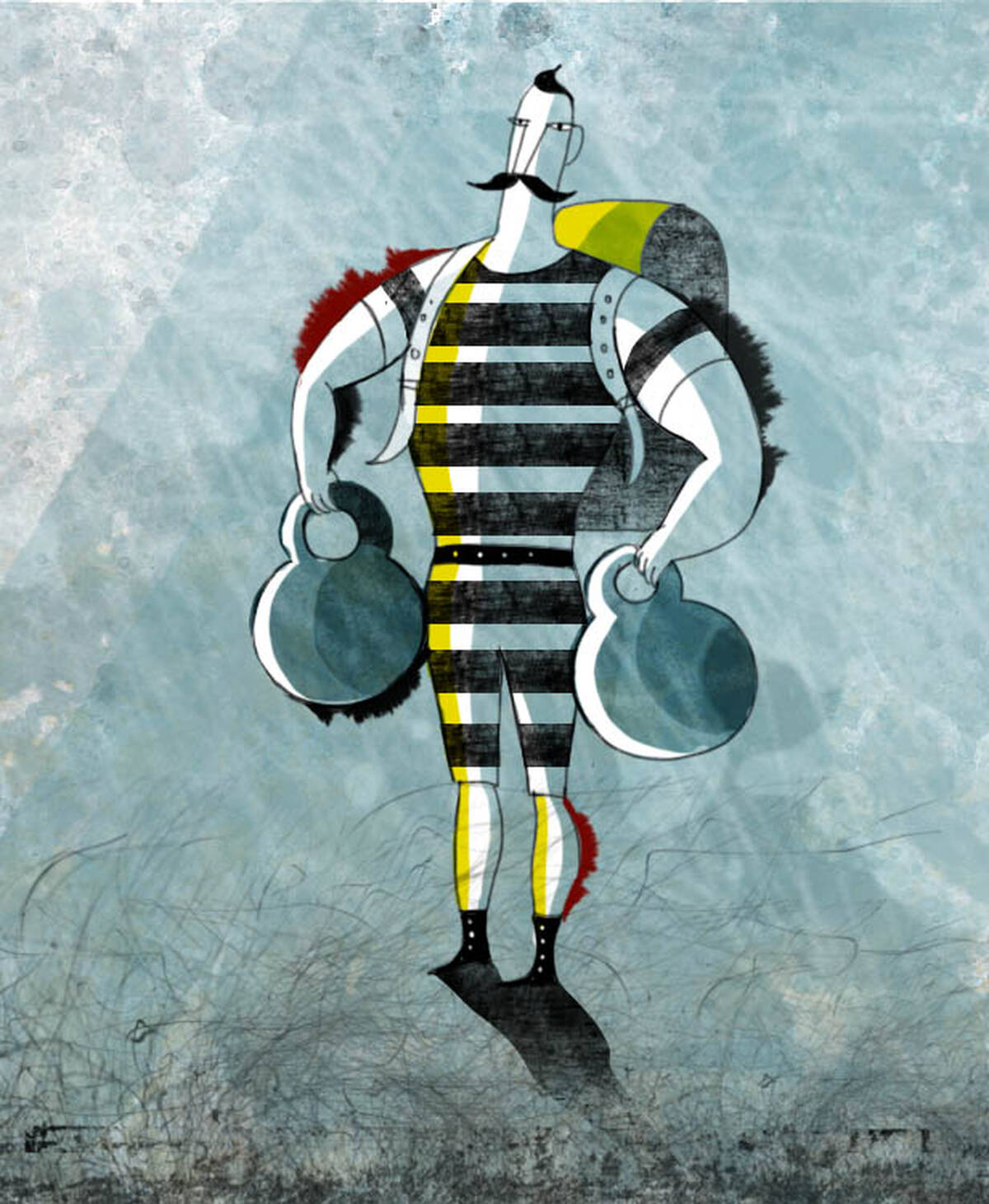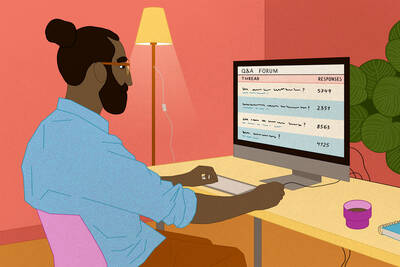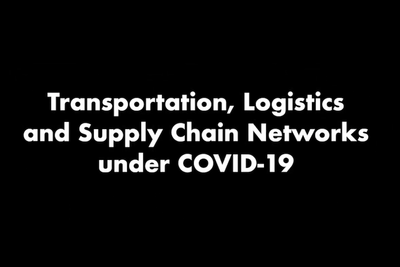Airline passengers have been vocal in expressing their disgust at the practice. In a 2010 Consumer Reports survey, they ranked baggage fees as their greatest irritation. “Distaste for them ranks way ahead of pet peeves like crying children,” says Martin Lariviere, a professor of managerial economics and decisions sciences at the Kellogg School.
In 2011, a U.S. senator tried to channel this discontent by proposing a ban on fees for the first checked bag. That legislation went nowhere. But the fact that baggage fees became a political target at all raises an interesting question: Why have they suddenly proliferated despite the fact that they make customers angry?
Lariviere and two colleagues, Gad Allon and Achal Bassamboo, also professors of managerial economics and decision sciences at the Kellogg School, have tested the merits of two different rationales that airlines have given for the fees.
Two Rationales
One rationale for baggage fees is that they allow airlines to charge different customers different prices according to customer characteristics that the airlines do not directly observe. Under this rationale, baggage fees play a similar role to “pay as you go” utilization charges in cell phone plans: they lead different types of customers to self-sort into the pricing structure that fits them best. This self-sorting, in turn, allows the airline to more profitably serve different types of customers.
Claims from some airline executives suggest some truth to this rationale. Said Ben Baldanza, the chief executive at Spirit Airlines, “We believe it is important to let customers decide what is of value to them. Imagine if you went to the restaurant and all the meals came with dessert. That’s great if you like dessert but, if you don’t, you would prefer the option to pay less for the meal and not take the dessert.” Unbundling the price of checking a bag from the price of flying allows airlines to extract additional revenue from customers who value that service most.
The other rationale given for the baggage fees is that they lower airlines’ operating costs by shaping travelers’ behavior. As one airline executive put it, explaining why his airline implemented baggage fees: “[It] wasn’t about getting revenue. It was about persuading people to change their travel behavior—to travel with carry-on luggage only.” Changing behavior this way is in the airlines’ interest because it lowers their operating costs.
To test these rationales, Lariviere and his colleagues built an economic model of airline pricing and baggage fees.
Why the Baggage Fees?
Their model shows that explicitly charging for ancillary services rather than bundling the cost of them into the ticket price is an effective way to shape customers’ behavior and lower the airlines’ operating costs.
By charging baggage fees—and encouraging customers to avoid checked bags—operating costs for the airlines fall, since they need fewer check-in staff and luggage handlers, and their planes use less fuel. This synergy creates lower ticket prices for the customer, meaning that more people can afford to fly, which is good for the airlines. In other words, baggage fees harmonize the airlines’ interests with those of passengers, lowering costs on both sides.
However, airlines’ other rationale—that baggage fees allow airlines to price-discriminate across customers by their need for the ancillary service—does not hold up in practice.
If airlines really wanted to maximize revenue, they would encourage individual customers to take the pricing structure that is meant for their segment. Customers who place little value in checking bags, such as business travelers who frequently travel with just a carry-on, should pay a low base fare and a high baggage fee—a structure that would discourage them from checking bags while still remaining attractive overall.
But other customers, such as leisure travelers who often travel heavy, highly value checked luggage. It is difficult for these travelers to avoid checking bags, and the only way they would accept high baggage fees is if the base fare were steeply discounted—but this pricing structure would also be very attractive to customers who can easily suffice with a carry-on. (Who wouldn’t jump at a highly discounted fare?) Thus, heavy travelers should be offered a high base fare and a low baggage fee.
Note, however, that this is precisely the opposite of what actually occurs in the industry, where business travelers can usually check bags for free. “If you write out an economic model of segmentation built around baggage fees, the results just don’t match what you see in practice,” Lariviere says. “That supports the argument that airlines aren’t using the fees as a way to segment customers. They’re using the fees to try to direct behavior.”
One explanation for the disconnect between theory and reality is that business travelers typically do not pay for their own ticket and so are not responsive to the pricing incentives that would be used to segment customers. This means it is to the airlines’ advantage to bundle the main service and ancillaries together—charging a high total price for business tickets while advertising that bags fly “free” for business-class passengers.
More Fees Ahead
So what about Southwest Airlines? What accounts for its resistance to the new industry standard?
In the short term, the benefits of standing apart from the competition outweigh the costs of not collecting fees. In 2014, for example, Southwest and JetBlue (a smaller discount airline that until recently had a no-fee policy for the first checked bag) earned the top two spots in J.D. Powers’ airline customer-satisfaction rankings among low-cost carriers. Their luggage policies are not the sole reason for their rankings, but they create a baseline of goodwill and an outlet for travelers who want to protest other carriers’ fees. “If people react sufficiently negatively about paying baggage fees,” Lariviere says, “then in a competitive marketplace, you can have one firm targeting those folks who find these baggage fees particularly onerous.”
But it is an open question whether the no-fee policy is sustainable over the long haul. It could ultimately pose a dilemma for Southwest, pitting the goodwill it has built up against the temptation to collect fees. “Their stockholders might demand that they start charging for these things,” Lariviere says, “because there’s so much money on the table. At the same time, so much of their brand identity is invested in the fact that they don’t charge for this stuff.”
For their part, the other major airlines have become deeply dependent on the practice. In 2012, the 15 largest carriers collected $3.5 billion in baggage fees—nearly a four percent increase over 2011. In addition to their cost-cutting effects, one factor driving the fees is a quirk in the U.S. tax code, which exempts ancillaries from the excise tax that is applied to the price of the main service. Many of the airlines are now talking about expanding their fees to include all kinds of new ancillaries. One has even contemplated charging customers to use the bathroom.
Ridiculous? Maybe. But consider that fewer bathrooms in airplanes mean more seats for passengers, which potentially means more revenue per flight, and therefore lower ticket prices. Given that logic, an idea that seems ludicrous today might one day become—as with baggage fees—the industry standard. Stranger things have happened.



